Share
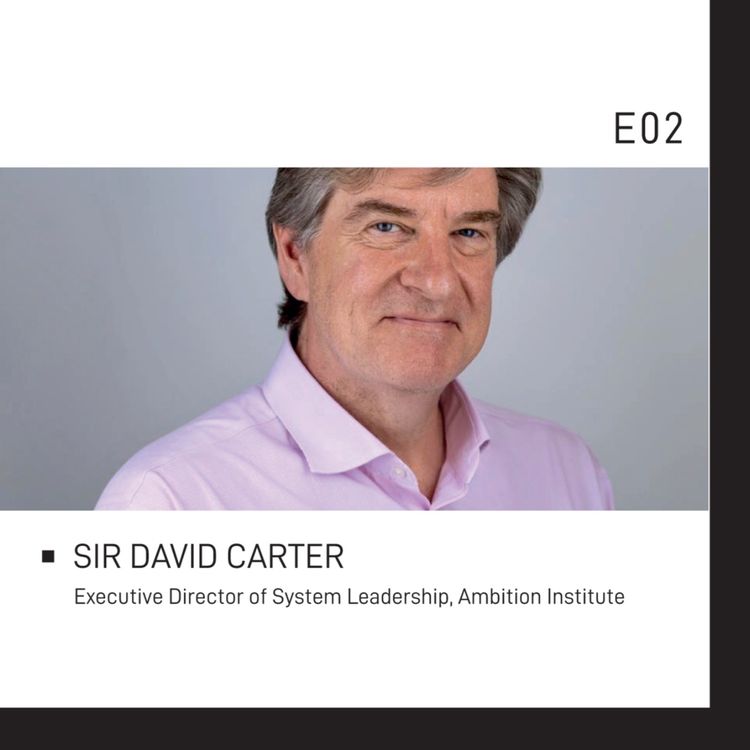
Hack The Future
Sir David Carter
Season 1, Ep. 2
•
Hack The Future is for anyone who wants to reimagine the world as we know it.
Science fiction has become science fact. Cars that can drive themselves and robots capable of everything from advanced manufacturing to complex surgery. We are entering a new age of AI and automation, yet our education system has barely changed since the industrial revolution. How can we make make education future future-fit and resilient? Hack Future Lab founder and best-selling author Terence Mauri meets Sir David Carter, former U.K National Schools Commissioner and author of Leading Academy Trusts: Why some fail, but most don’t to discuss why making learning a top priority has never been more urgent.
More episodes
View all episodes
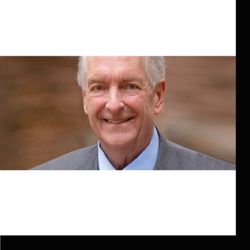
23. Dave Ulrich
35:49||Season 1, Ep. 23When the world changes, we must change too. From HR-GPT and Return on Intelligence (ROI) to Augmented Talent and Workforce Ecosystems, HR and Business leaders must shift from a 'wait and see' approach to a 'explore and disrupt' one. Of course, this is exhilarating and unnerving. But it's also a call to reflection, action, and mobilisation.Here, Dave Ulrich the world’s #1 HR Thinker, joins Terence Mauri, the world’s leading disruption thinker to unpack what’s new and what’s next in the future of work, talent and AI. Dave draws on a lifetime’s research, consultancy and writing to ask “What’s eroding, what’s enduring and what’s emerging in a world of extreme disruption and distributed everything," and tackles the question “Is AI the future of work and HR?” He sees a future built around four emerging assumptions: connect the inside and outside; harness uncertainty with certainty; navigate paradox; and personalise work. And he shares vivid stories and wisdom-packed insights to help you sharpen the talent and value agenda. He concludes: “I aim to guide you in envisioning a fresh direction for HR and the future of work, culture and talent.”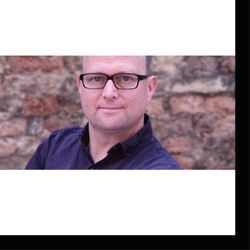
22. Dr Samuel West
26:58||Season 1, Ep. 22Innovation needs failure, yet according to Hack Future Lab only 28% of leaders say they work in cultures where it’s ’safe to fail’. Without learning to fail well, there’s no growth and worse we choose silence (play to lose) over speak up (play to win). The Museum of Failure founded by Dr. Samuel West is a collection of over 160 failed products and services from around the world. Every failure provides a unique lesson into the risky business of innovation and its close cousin failure. The museum aims to stimulate productive discussion about failure and inspire us to take meaningful risks. The #1 takeaway: If you’re not prepared to fail, you’re not prepared to learn.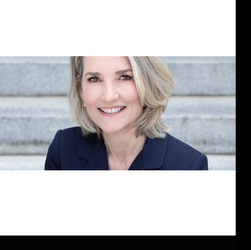
21. Professor Amy C. Edmondson
25:28||Season 1, Ep. 21We used to think of failure as a problem, to be avoided at all costs. Now, we're often told that failure is desirable - that we must 'fail fast, fail often'. The trouble is, neither approach distinguishes the good failures from the bad. As a result, we miss the opportunity to fail well.Here, Professor Amy C. Edmondson the world's most influential organisational psychologist - reveals how we get failure wrong, and how to get it right. She draws on a lifetime's research into the science of 'psychological safety' to show that the most successful cultures are those in which you can fail openly, without your mistakes being held against you. She introduces the three archetypes of failure - simple, complex and intelligent - and explains how to harness the revolutionary potential of the good ones (and eliminate the bad). And she tells vivid stories ranging from the history of open heart surgery to the Columbia Space Shuttle disaster, all to ask a simple, provocative question: What if it is only by learning to fail that we can hope to truly succeed?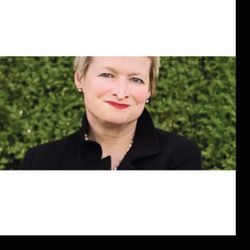
20. Rita McGrath
28:58||Season 1, Ep. 20How do you learn to see around corners faster than change itself? And will Generative AI such as ChatGPT or Bard AI be able to do strategy for us? Rita McGrath is a best-selling author, CEO and founder of innovation platform Valize and a professor of management at Columbia Business School. Thinkers50 has described McGrath as 'one of the world’s top-ranked thinkers on strategy, innovation and growth during times of uncertainty.’ Her global bestsellers include Seeing Around Corners (Houghton Mifflin Harcourt, 2019); The End of Competitive Advantage (HBR Press 2013); Discovery-Driven Growth (with Ian C. MacMillan Harvard Business Press, 2009). When today’s fringe is tomorrow’s mainstream knowing how to spot inflection points before they happen is key to building a resilient and sustainable future.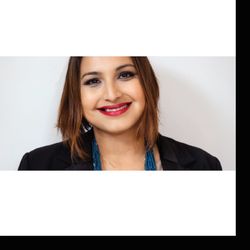
19. Ruchika Tulshyan
38:16||Season 1, Ep. 19Most of us believe inclusion is both the right thing to do and good for business. Then why are we so lousy at it? What steps will you take as a new year unfold to scale inclusion on purpose? Ruchika Tulshyan is the best-selling author of Inclusion on Purpose: An Intersectional Approach to Creating a Culture of Belonging at Work which has been described as ’transformative’ by Dr Brené Brown. I met with Ruchika for a research-backed conversation at Hack Future Lab to learn more about her must-read new book. She explains why “leaning in” doesn't work—and dismantling structural bias does; warns against hiring for “culture fit,” arguing for “culture add” instead; and emphasizes the power of reading fiction books to build empathy. She says: “We’ll see more leaders being held accountable to diversity, equity and inclusion outcomes, with progress affecting bonuses and advancement opportunities for leaders. And new hires will evaluate work opportunities based on whether a company culture is inclusive or not.” Without inclusion, great ideas are lost, cultures decay and talent is wasted. My #1 takeaway is that leadership is inclusion. With this actionable book, Ruchika shows us how we can make progress toward inclusion and diversity - and why we must start now.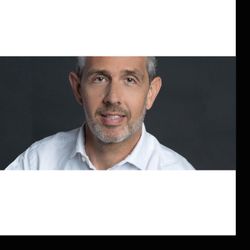
18. Yannick Theler
25:43||Season 1, Ep. 18To change the game you need to make game-changing moves. Yannick Theler is the CEO of games pioneer Savvy Games Studios (SGS) and the founder of Ubisoft UAE.Yannick is on a bold mission to create a world-leading games studio in Saudi Arabia, developing pioneering and inclusive games for global audiences. I met with Yannick in London to discuss his personal leadership philosophy from being a talent magnet and empowering others to scale to going big on learning, culture, thriving and teamwork.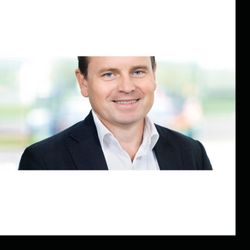
17. Jens Holtinger
26:31||Season 1, Ep. 17How do you turn leadership into a platform for trust, talent and innovation? Jens Holtinger is the EVP of Volvo Group Trucks Operations and a Group Executive Board member. Volvo Group is on a mission to lead the transition to decarbonised transport systems and has a long-term ambition to offer customer solutions that are 100% fossil free. Building this future requires the strategic courage of everyone at Volvo Group to turn volatility into a tailwind for widespread agility and bold transformation. I met with Jens to explore how he uniquely brings leadership, culture, and strategy to life by going big on trust over control, courage over conformity and learning over knowing.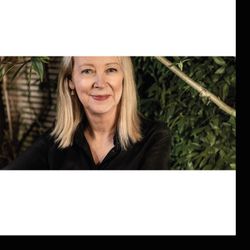
16. Lynda Gratton
27:13||Season 1, Ep. 16How do we make the most of the greatest global shift in the world of work for a century and radically redesign the way we work—forever? Professor Lynda Gratton is one of the foremost global thought-leaders on the future of work, named by ‘Business Thinkers 50’ as one of the top fifteen business thinkers and described as a ‘rock star’ author, teacher and writer. I met with Lynda to discuss what’s new and trending in the future of work from quiet quitting and burnout to jobs to care and friendships in her must-read new book Redesigning Work: How to Transform Your Organisation and Make Hybrid Work for Everyone What I learned is that we should not waste one of the biggest reframing moments of our lifetime because today’s work challenges can’t be solved with yesterday’s thinking.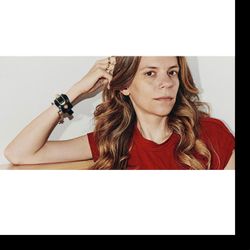
15. Alex Amouyel
37:25||Season 1, Ep. 15When it comes to social impact and social entrepreneurship should you Agitate, Innovate or Orchestrate? People from all walks of life yearn to do something that adds value to others and to be someone who makes a difference in their community and the world. As the founding Executive Director of Solve, an initiative at the Massachusetts Institute of Technology (MIT), Alex Amouyel has built and oversees a fast-growing team whose mission is to drive innovation to solve our our most urgent challenges. I sat down with Alex to learn more about her and her game-changing new book The Answer Is You: A Guidebook to Creating a Life Full of Impact (Leadership Book, Change the Way You Think) The Answer is You inspires every person to BE the change and become part of Generation Solve: a new generation of bold thinkers and courageous doers.